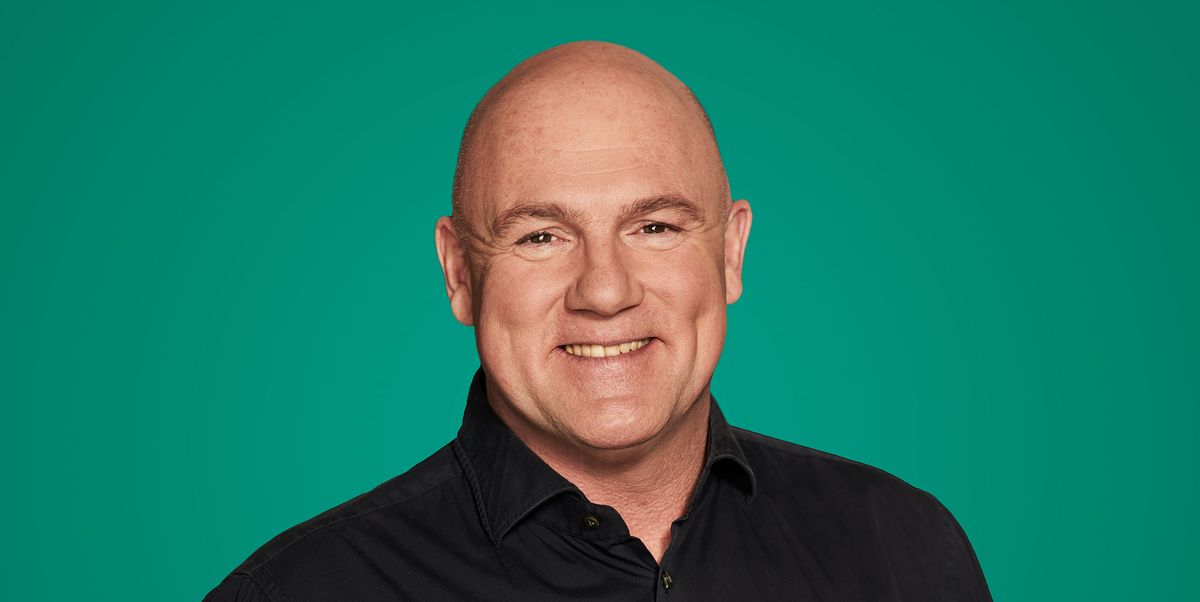It seems a little strange. Here on the ground, the West is doing everything in its power to put an end to the Russian invasion of Ukraine. But we are still working with Russia in the space field. Today, American astronaut Tracey Caldwell-Dyson flies to the International Space Station aboard a Russian Soyuz rocket. Earlier this month, Russian cosmonaut Alexander Gorbunov left America. How can this cooperation continue?
To understand why, you need to know a little about the space station. The International Space Station was designed and built by fifteen different countries. The first units were Russian and American. They were launched in 1998 and linked together 400 kilometers above Earth.
The American and Russian parts of the space station are therefore inextricably linked. How can you ensure that all systems continue to operate without errors? And that astronauts are safe? There is only one way to do this: working very closely together.
For example, do you have to avoid space debris with the International Space Station? So you are relying on rocket engines from the Russian side. I encountered this twice during my last space mission. On the other hand, do you want to breathe clean air in the Russian part and have enough electricity to conduct scientific experiments? Then you need the power generated by solar panels in the American part.
“Your life in space depends on cooperation.”
Because of this interdependence, we have agreed internationally that there should always be at least one American astronaut and one Russian astronaut aboard the International Space Station. We will continue cooperation until at least 2030.
It is not unusual for two opponents on Earth to float in space around the same dining table. In 1975, during the Cold War, America and the Soviet Union actually linked two spacecraft together: Soyuz and Apollo. Then cooperation continued and expanded. First aboard the Russian Mir space station, then in the development and construction of the International Space Station.
Mars mission seeks transportation
Does the war in Ukraine have no consequences for space travel at all? certainly. You and I use the European Galileo satellites to navigate every day. These satellites were launched years ago by Russian missiles from French Guiana. This is no longer possible due to international sanctions.
A new European space robot for Mars, the Rosalind Franklin Rover, is currently in storage. It will be delivered to the Red Planet using a Russian rocket and a Russian landing module. Europe must now find a new means of transportation, which will delay the mission by at least six years.
Nobel Prize for a space station
So far, the International Space Station is the only place where we have always been able to work together, no matter how intense tensions between countries on Earth are. That's why I don't think it's a bad idea to nominate the International Space Station for the Nobel Peace Prize. Up there doing what we should be doing here on our planet: living together in peace. Because as inhabitants of planet Earth, we are literally in the same boat together.
Do you have tips for Kuipers and the universe or a question about the universe, space travel or sustainability? Send an email to online@quest.nl. André Kuipers answers the most original posts in this section each month.
Astronaut Andre Kuipers (1958) lived and worked in space for 204 days. He is trained as a doctor, but advises you not to consult him. You can contact him with questions about space travel, astronomy, and sustainability. He talks about these topics in books, television, and theater. It's your perfect guide to extraterrestrials, a subject that has fascinated him his entire life.








More Stories
GALA lacks a chapter on e-health
Weird beer can taste really good.
Planets contain much more water than previously thought